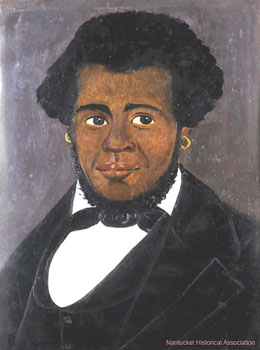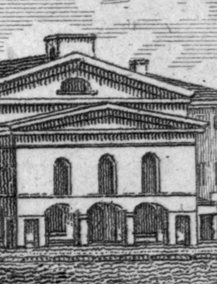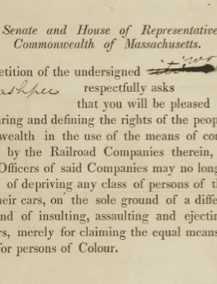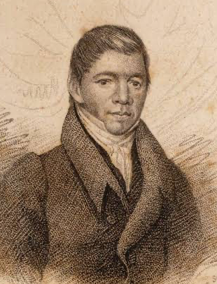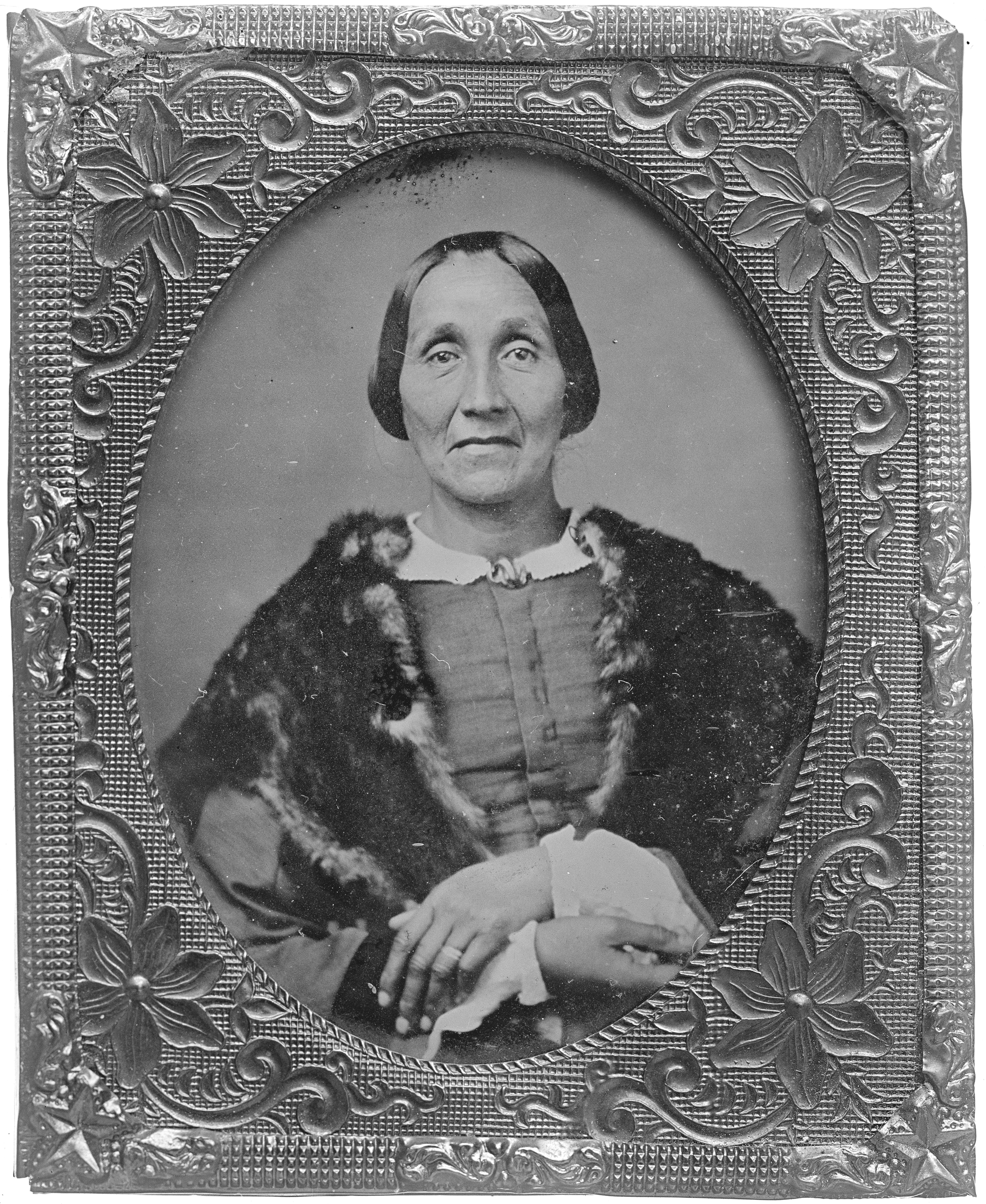
Cynthia Attaquin, Herring Pond & Mashpee Activist
Cultural Expression
through Agency
through Agency
By the time the antebellum period arrived, Wampanoag people had suffered tremendous cultural, political and
social attacks at the hands of European colonists and later, Americans, who disregarded their humanity.
Access to their homelands was restricted to a small fraction of the former area and systemic and social
discrimination hampered their ability to live freely. Despite this, the Wampanoag continued to express,
politically and otherwise, one of the most important aspects of their culture— actively living with respect
for and attention to the interconnectivity of all peoples.
